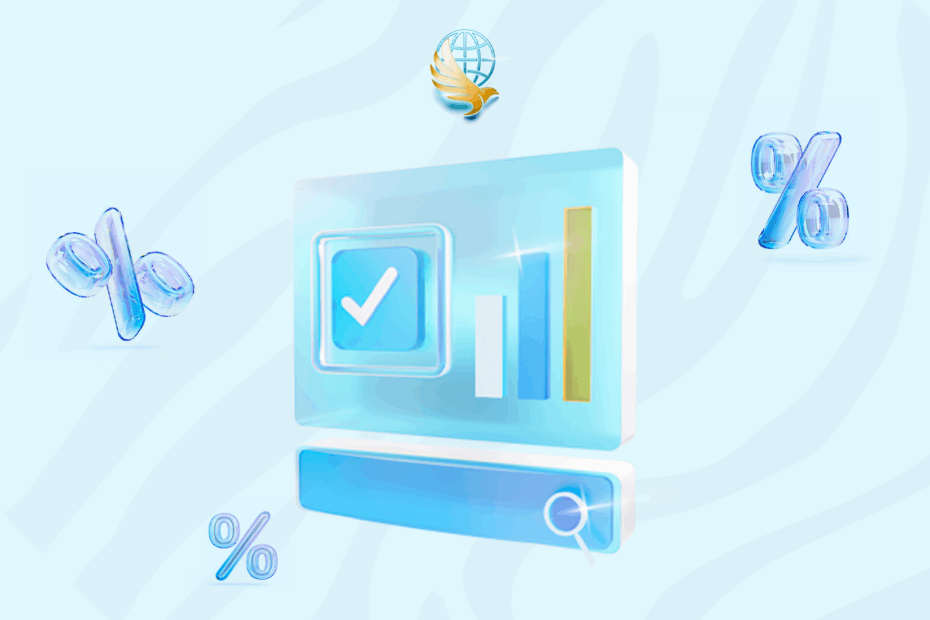(Report based on the survey results of participants in the Young Experts Support Program)
On July 4, the training module of the Young Experts Support Program at KazISS under the President of the Republic of Kazakhstan was completed.
As part of the module, 15 lecture and practical sessions were held in various formats, including traditional lectures, workshops, trainings, case studies, and project sessions. These covered topics such as agglomeration economics and regional growth points, digital transformation, cultural capital and identity, demographic and migration processes, environmental sustainability and the green economy in the context of regional development, sustainable development of rural areas, and more. Several interactive sessions focused on practical skills training in policy paper preparation, leadership, and teamwork.
The program’s lecturers and trainers included prominent Kazakhstani scholars such as Doctor of Economics, Professor, and Scientific Secretary of KazISS Aigul Kosherbayeva; Doctor of Political Science, Associate Professor, and Senior Researcher at KazISS Sanat Kushkumbayev; Doctor of Sociology, Professor, and Senior Researcher at KazSS Aigul Zabirova; PhD in Political Science and Director of the Jochi Institute Zhaksylyk Sabitov; PhD in Political Science, Associate Professor, and Deputy Director of KazISS Alua Zholdybalina; and Candidate of Economic Sciences and Director of the SDG Secretariat at Institute of Economic Research JSC Bakytgul Khambar.
The program also involved practice-oriented experts and analysts such as the Vice Minister of Industry and Construction of the Republic of Kazakhstan, Zhannat Dubirova; Director of the Applied Research Center “TALAP” Foundation, Askar Kyssykov; Director of the Rural Sustainable Development Fund, Fatima Gerfanova; PhD in Economics and Chief Expert of the Economic Policy Analysis Department at KazISS, Assel Aben; Head of the Economic Policy Analysis Department at KazISS, Anna Alshanskaya; and others
Upon completion of the training module, an online survey was conducted among the program participants to assess the relevance and practical value of the training, as well as the usefulness and applicability of the acquired knowledge and skills in their daily work as analysts and researchers.
The survey results demonstrated a high level of participant satisfaction, with nearly 90% of respondents giving positive feedback on the content and format of the training.
93.9% of participants rated the quality of the lecture material as “excellent” or “good.” According to the participants, the lecturers presented relevant and well-structured topics. The practical part — trainings and workshops — was also positively received, with nearly 90% of respondents finding them useful and applicable.
Among the training formats, lectures were considered the most useful (71.4%), followed by case-studies (55.1%). Trainings (30.6%) and project sessions (26.5%) also received positive feedback.
The topics that generated the most interest were related to economics, public administration, sustainable development, and cultural policy. Among the priority areas, participants highlighted agro-economics, ecology, regional integration, social infrastructure, and policy paper preparation. This underscores the demand for a systematic and interdisciplinary approach, especially in the context of the current challenges facing Central Asia.
Participants noted a high level of organization of the Program. Communication, scheduling, and technical support received high ratings: 75.5% gave the highest score, and another 18.4% rated them as good. In other words, the vast majority of participants emphasized that the training process was conducted smoothly and efficiently.
Open-ended responses showed that participants value the knowledge gained but would like to see more practical elements. Among the suggestions were more case studies, applied tasks, demonstrations of analytical tools, and live interaction. Many respondents also expressed interest in partially shifting to an offline format, considering it more engaging and productive.
Overall, the module was perceived as useful and timely. Participants’ suggestions provide clear guidance for improvement: to place greater emphasis on practical skills, tailor the content to the interests of the audience, and, where possible, introduce live meeting formats. This creates a strong foundation for making the next cycle of the program even more impactful and meaningful for future experts.
The next stage of the Program will involve the preparation of individual analytical reports by participants over an eight-week period, with support from mentors. The Program finalists will be selected after the review of these analytical works at the end of September 2025.


